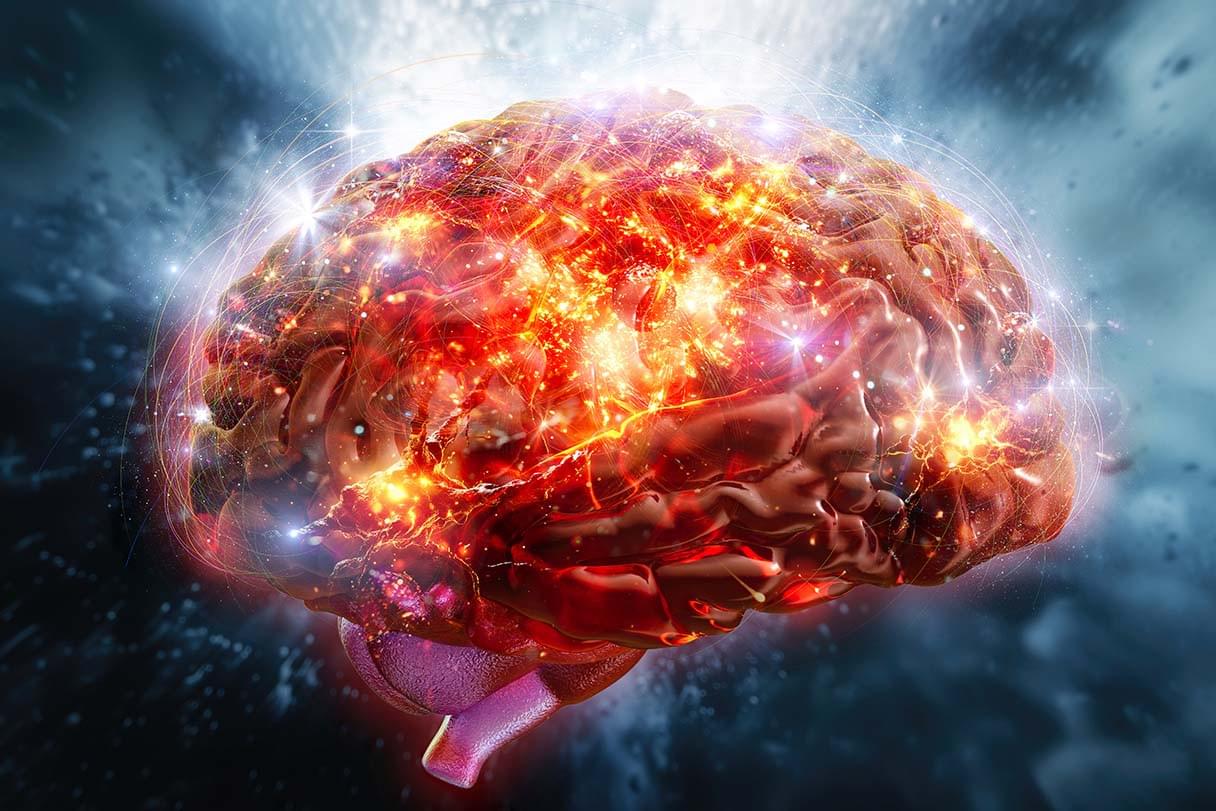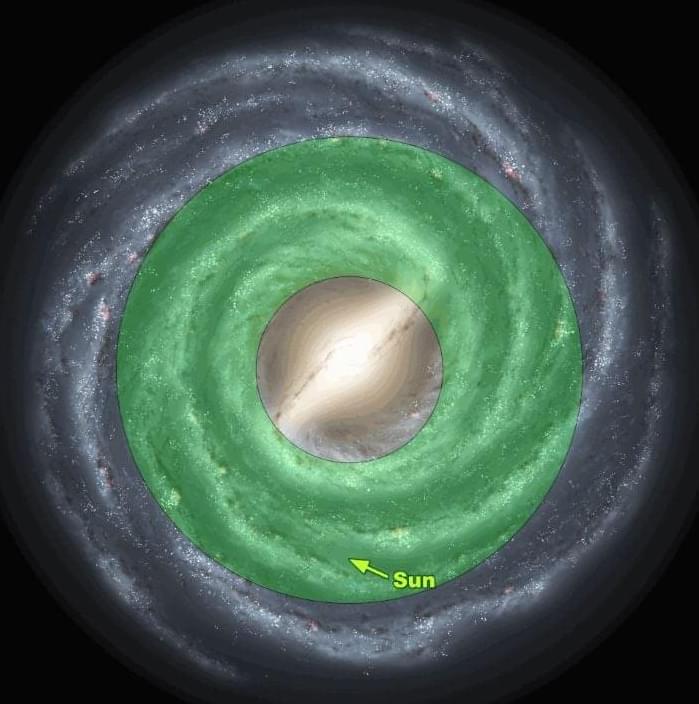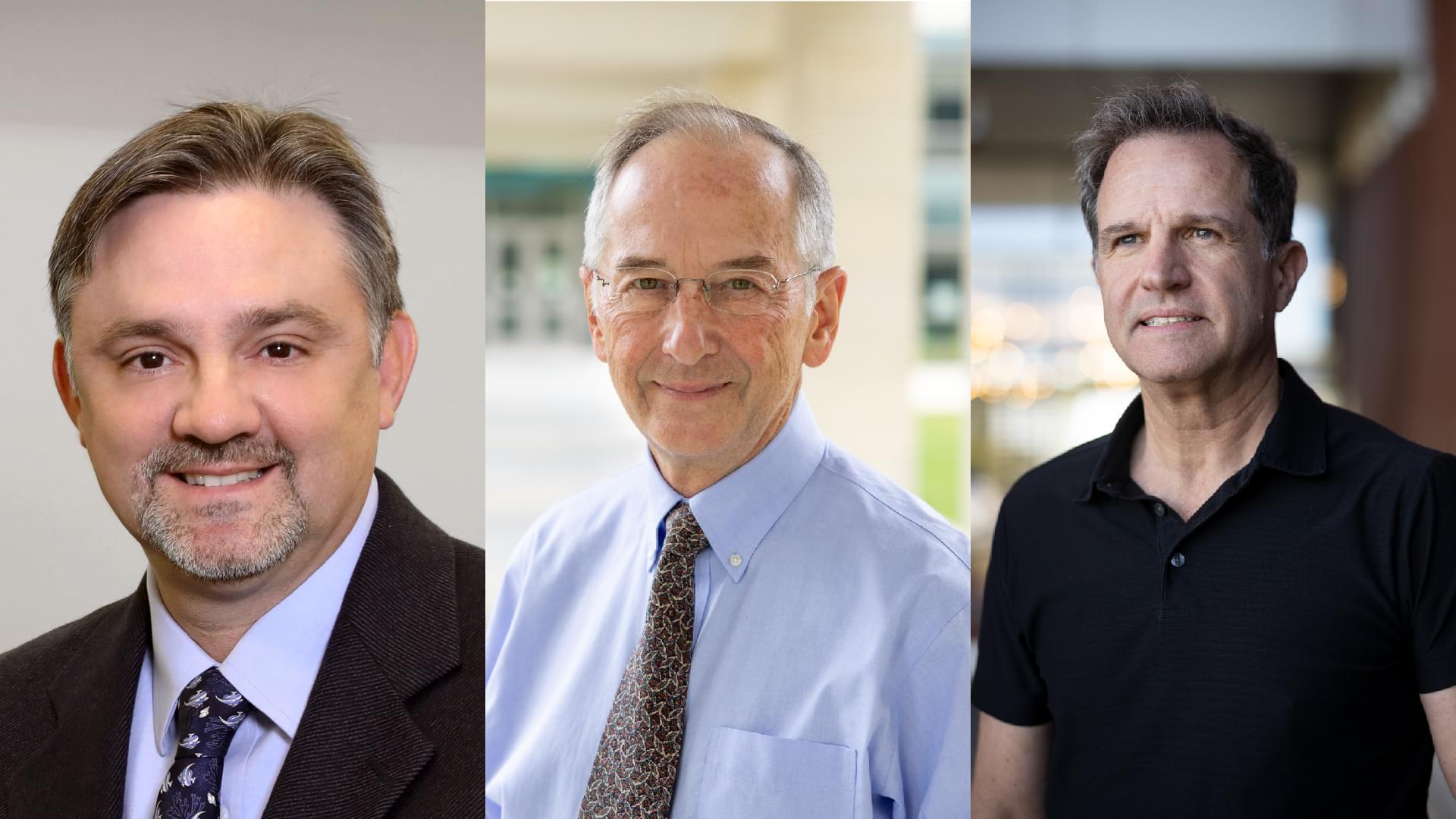An interesting & apposite article on a vital aspect of the Space-Race not normally covered.
Nearly 15,000 satellites in 432 constellations are driving today’s $570 billion dollar space economy. Dr. Namrata Goswami explains recent predictions for over 60,000 satellites and $2 trillion in space by 2040.
Dr. Namrata Goswami is a Professor of Space Security at Johns Hopkins University and co-author of the book “Scramble for the Skies”. She joins us today to discuss the current state of the emerging space economy and the Great Powers Competition for control of Earth orbit and beyond.
Dr. Namrata Goswami, Professor of Space Security at Johns Hopkins University and co-author of the book “Scramble for the Skies”. She joins us today to discuss the current state of the emerging space economy and the Great Powers Competition for control of Earth orbit and beyond.
Disclaimer: “The views expressed are those of the author and do not reflect the official guidance or position of the United States Government, the Department of Defense, the United States Air Force, or the United States Space Force.”








